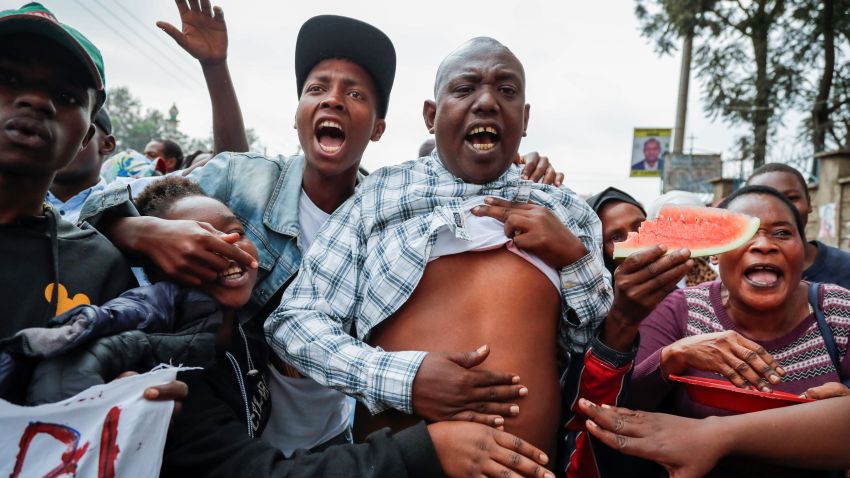Earlier this month, the executive board of the International Monetary Fund approved a $1.3 billion loan for Zambia, amid efforts by the Southern African country to restructure its public finances and rebuild an economy ravaged by the coronavirus pandemic, a severe electricity shortage, reduced global demand for copper and financial mismanagement. Zambia’s agreement comes at a time when many countries in Africa and elsewhere across the Global South are faced with the prospect of macroeconomic instability, including anemic economic growth, inflation, a shortage of foreign currency, food insecurity, a spike in living costs and a debt crunch.
The details of Zambia’s agreement were released publicly last week, and they included stringent conditions that generated consternation among much of the Zambian public. But the terms of the loan have also sparked conversations elsewhere in Africa about a return to the kinds of IMF-imposed austerity measures seen in the 1980s and 1990s, and what the ramifications of those policies could be for Africans today.
In 2020, the IMF deployed billions of dollars in emergency loans to more than 90 countries to help them weather the economic impact of the coronavirus pandemic. As part of its COVID-19 Financial Assistance and Debt Service Relief, the international lender provided grants for debt relief as well as concessional financial assistance to low- and middle-income countries that were hit hard by the pandemic. In many African countries, those funds were deployed to cushion the effects of the pandemic in areas like health and education, as well as to finance short-term social security schemes. The fear now is that the IMF might demand austerity measures as a condition for restructuring or supplementing the existing debt of these countries and others.

